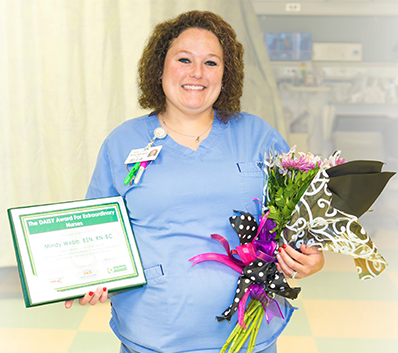Ethics Committee
Health care decisions are very complex today. Advances in medical technology have given us many choices. Sometimes the decisions we face are difficult to make. The people involved in our care may disagree over what steps to take.
That’s when the Ethics Committee can help. Medical ethics is the process of applying legal and ethical principles to concrete, real-world situations. It’s a way of looking at “hard choices” that take into account what the law says; what our values are; and how similar issues have been resolved in the past.
Every person has the right to control the health care he or she receives. You exercise this right by making your own decisions. And if you aren’t able to act for yourself, you can still be in charge through your directive to physician and family or surrogates (English) or (Spanish), or medical power of attorney (English) or (Spanish).
But if your wishes are not clearly understood, or if those involved in your care disagree over what should be done, you or your family may be helped. That’s where the Ethics Committee comes in. It offers special expertise and experience in medical ethics. And whenever it gets involved, it does so with respect to patient’s rights, family privacy, and the personal nature of health care decisions.
The mission of the Ethics Committee has three main parts: education; help for decision makers; and support for care providers.
Anyone who believes an ethical dilemma exists pertaining to a patient at Medical Center, can request the involvement of the Ethics Committee. This includes: patients, family members, physicians, nurses, other hospital personnel. Referral can be made anonymously.
To contact the Ethics Committee call:
(432) 640-3844

